Best types of electric car for your business
Discover the best type of electric car for your business. We discuss how different models work and how charging costs compare so you can make an informed EV choice.


E.ON
18/03/24
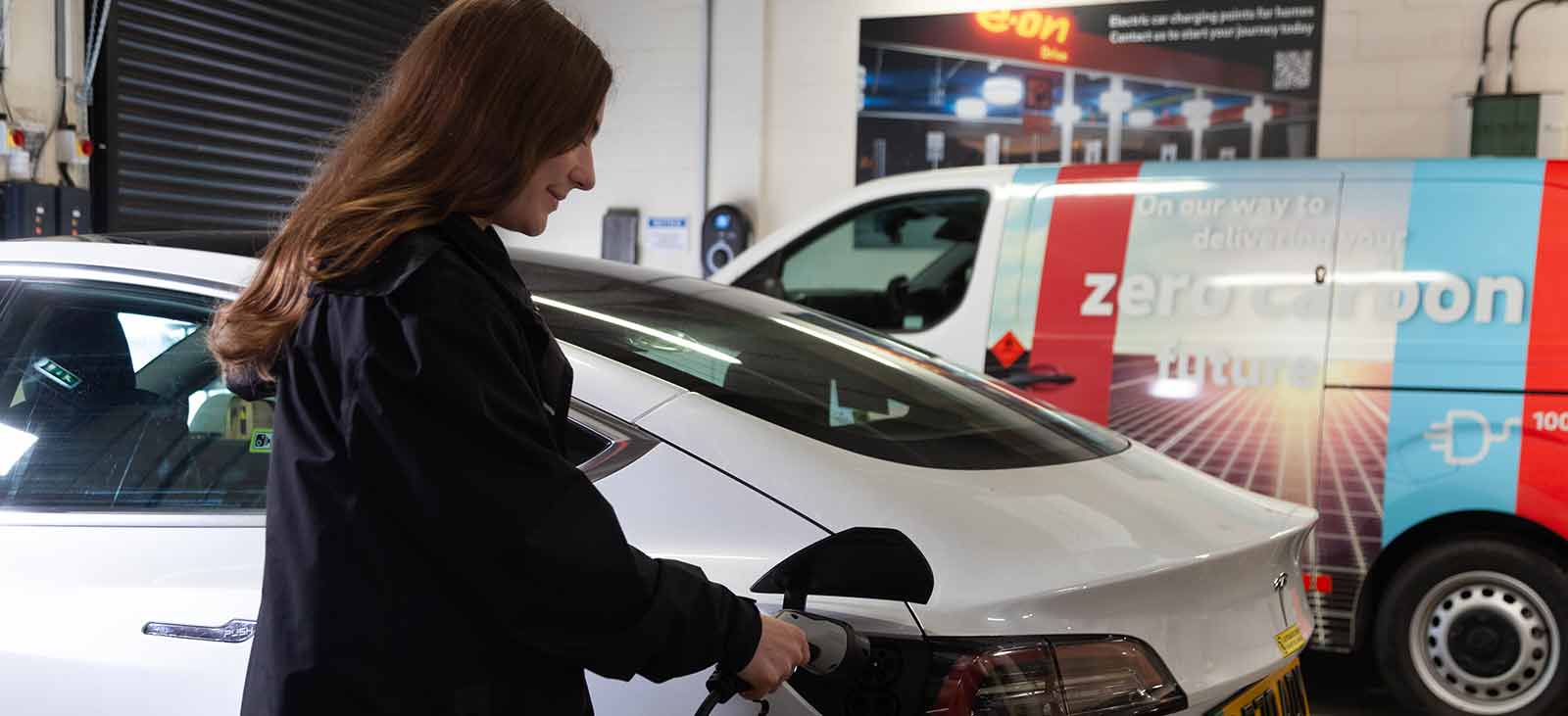

Types of electric car explained
What are electric cars?
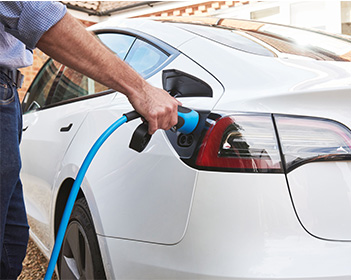
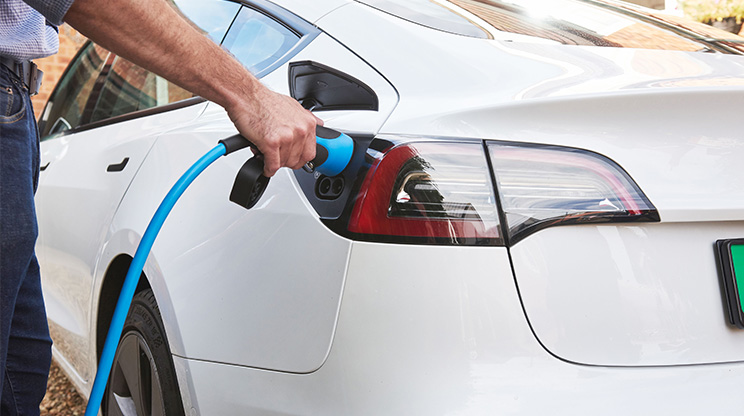
How do electric vehicles work?
Different types of electric vehicles


Choosing an EV for your taxi fleet
Choosing an EV for your delivery firm
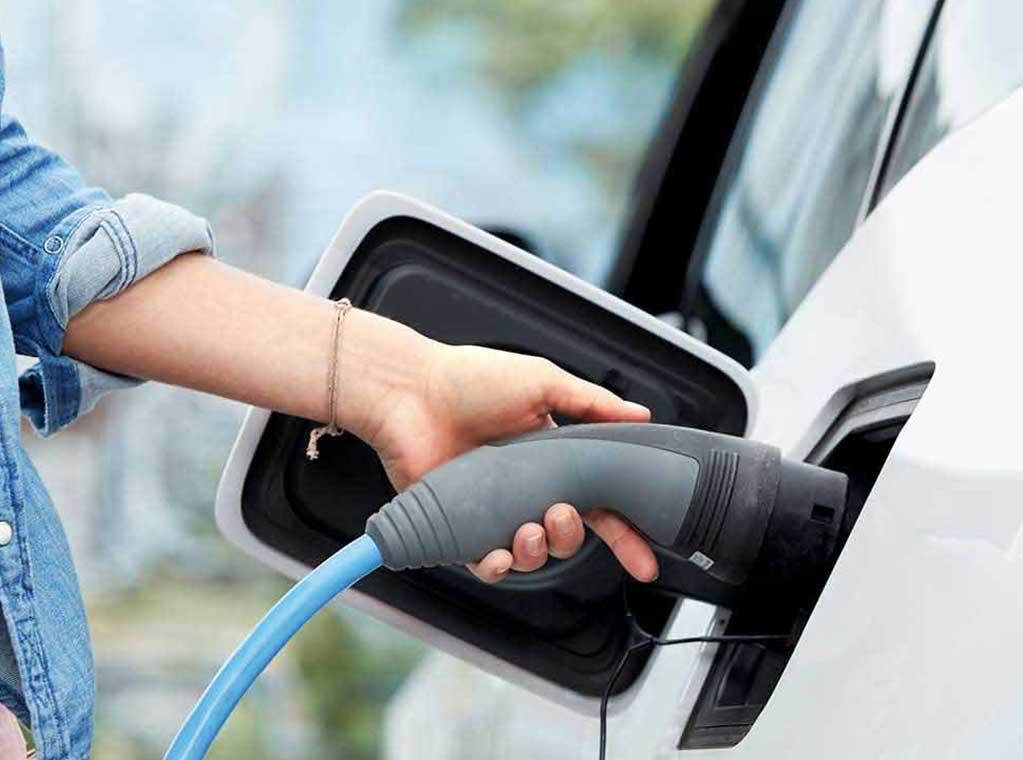
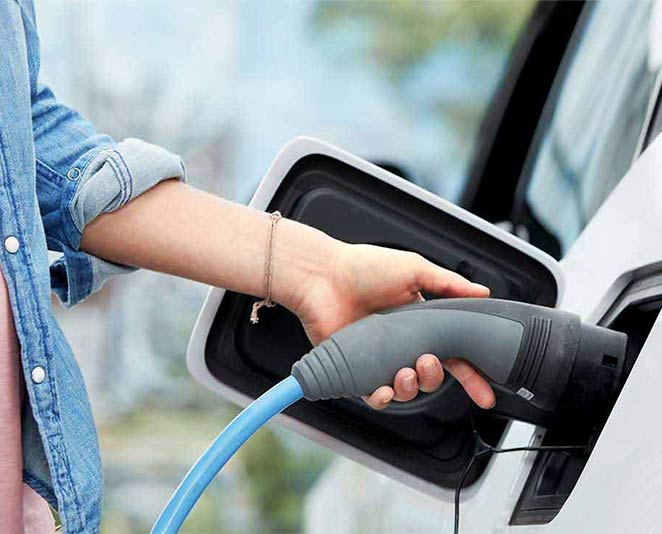
Choosing an EV for your commercial fleet
The best type of electric car supports a greener future
Read our other blogs


10 November 2023
Blog post
How a sustainable home can help lower your energy bills
With the ongoing climate crisis, we’re all aware that we need to take action for climate and save energy at home to help lower our bills.


11 October 2023
Blog post
How we’re driving for smarter, sustainable homes
Chris Lovatt, Chief Operating Officer of E.ON UK Solutions, shares some of the ways in which E.ON is helping customers improve the sustainability of their homes.


22 September 2023
Blog post
What to look for when hunting for a new home
Looking for a new home can be a long and stressful process but knowing what to look for can help make the journey easier.